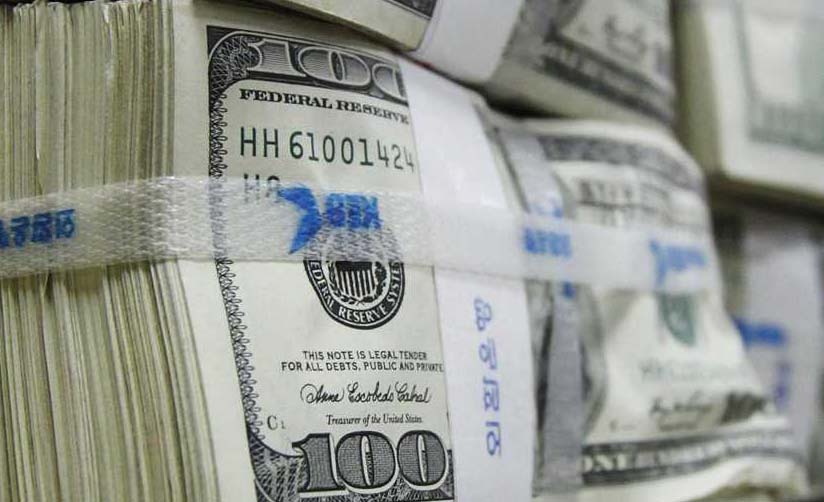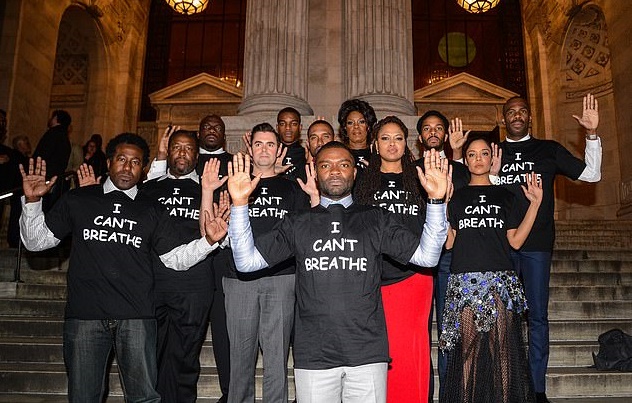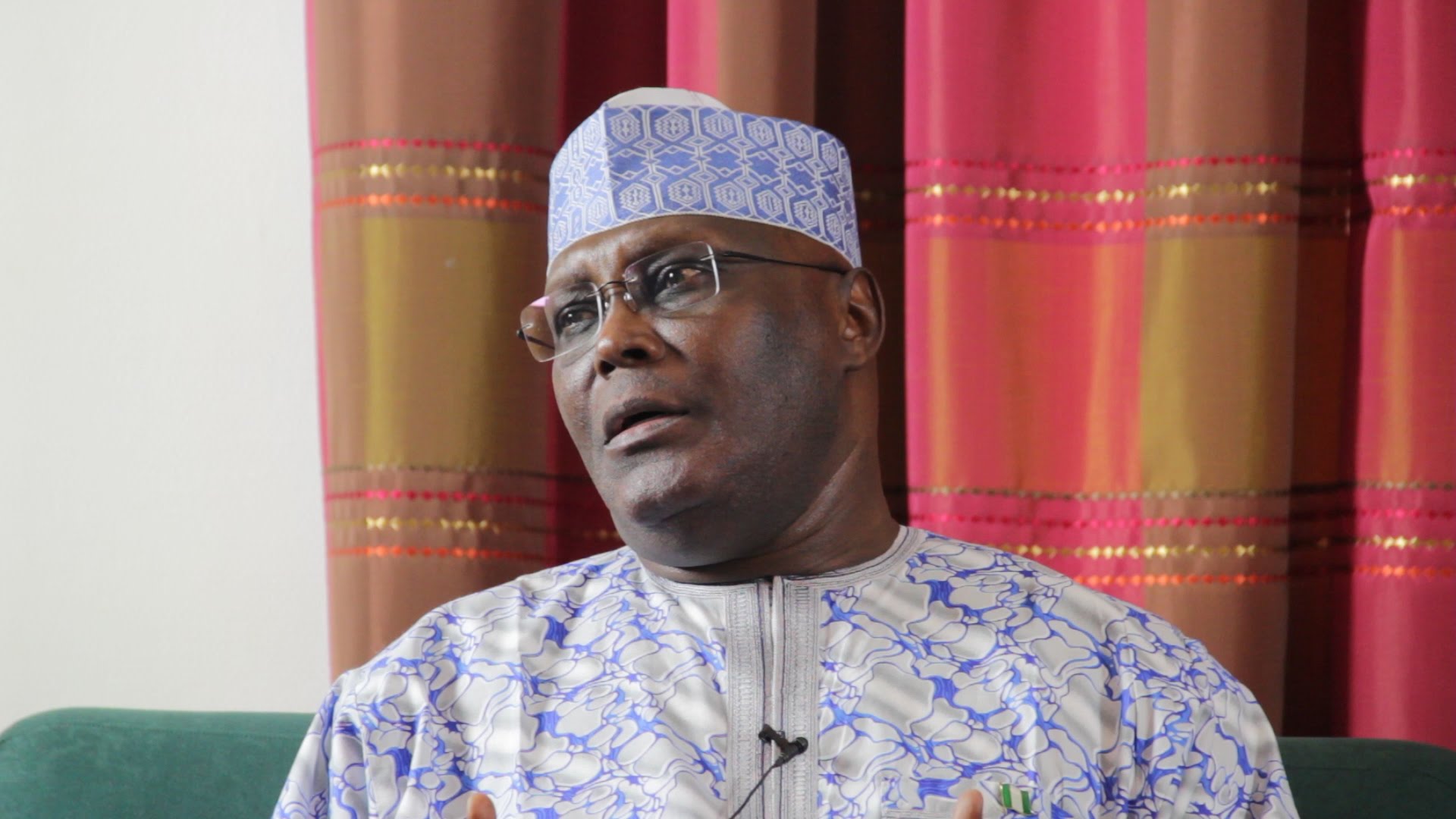Nigeria’s foreign reserves have crossed the $36 billion mark for the first time since March 17.
Data made available on the website of the Central Bank of Nigeria (CBN) showed that the reserves have been on a steady increase since it hit $33.42 billion on April 29.
The rise could be attributed to the increase in crude oil prices.
Brent crude hit $40 on Thursday after a dip on the back of the COVID-19 pandemic that resulted in reduced demand.
Advertisement
A country’s central bank uses foreign reserves to keep the local currency stable. An example was the CBN’s intervention in the foreign exchange market to keep the naira stable at N360 to the dollar.
Some countries use a portion of their foreign reserves to fund some sectors or infrastructural projects.
Foreign reserves are also used to maintain liquidity in the event of a crisis. A crisis might limit local exporters’ ability to produce goods, earn forex and pay for imported raw materials.
Advertisement
The central bank of a country uses a strong foreign reserve to provide confidence to intending foreign investors as proof that their investments are safe and they would be able to repatriate their forex in the event of an exit.
Reserves are used to meet external obligations like international payments like debt servicing and import financing.
The CBN recently unified the exchange rate to N400/$ and mandated all international oil companies will now sell their FX incomes to CBN at N360/$ as against the N325/$ they used to sell to the Nigerian National Petroleum Corporation (NNPC).
Advertisement
Add a comment







